Thrush (vaginal candidiasis)

specialists

equipment

treatment
Types of thrush
The disease can be divided into several types depending on the place of its manifestation, the nature of its course and the degree of spread.
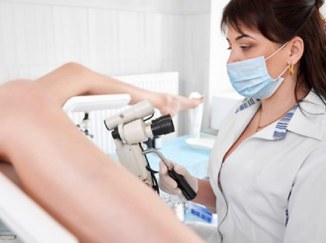
-
By location
The most common form of pathology is vaginal candidiasis. It affects the vaginal mucosa, causes discomfort and provokes the release of cheesy discharge. If the fungus also affects the external part of the genital organs, it is called vulvovaginal candidiasis. The symptoms of this pathology are much more pronounced. Sometimes the infection can affect the cervix - then cervicitis develops.
-
According to the course of the disease
According to the nature of its course, thrush can occur in acute or chronic form. The first affects women sporadically - up to three times a year, and usually goes away quickly after treatment. The chronic form of candidiasis returns four times a year or more, and requires an integrated approach. If thrush occurs against the background of other problems, such as diabetes or weak immunity, it becomes complicated and takes longer to treat.
-
By degree of distribution
Candidiasis can be of two types: superficial and systemic. Superficial affects the skin and mucous membranes, for example, in the mouth or on the skin. Systemic thrush is a more serious form of the disease in which the fungus enters the bloodstream and affects internal organs: lungs, liver, heart. Most often, this form of candidiasis occurs in people with severely weakened immune systems.
Symptoms of candidiasis
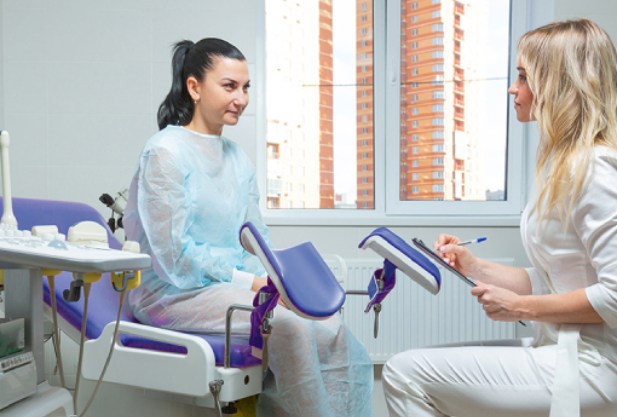
Vaginal thrush causes a lot of inconvenience and interferes with normal life. Here's how it shows up:
- Selections. One of the main signs of candidiasis is a thick white or yellowish discharge with a sour odor, similar to cottage cheese
- Itching and burning sensations. A woman observes these manifestations inside the vagina and on the external genitalia. Discomfort increases after urination or intimacy
- Pain when passing urine. Burning or sharp pain occurs due to inflammation of the genital organs
In addition, the swelling and inflammation that accompany thrush often cause pain during sex.
Causes of thrush
Internal factors
Vaginal thrush is often associated with a general health condition. If your immune system is weakened—for example, due to diabetes or HIV—your body has a harder time fighting off fungal infections. Hormonal changes during pregnancy, menopause, or when taking hormonal medications also affect the development of vaginal candidiasis - the number of beneficial microorganisms decreases, and fungi begin to multiply more actively.
Antibiotics often negatively affect the vaginal microflora. The drugs kill both dangerous bacteria and those that inhibit the growth of fungi. In diabetes, high blood sugar levels create ideal conditions for their reproduction. And if your diet contains a lot of sweets and fast carbohydrates, this further exacerbates the problem.
External factors
Vaginal thrush can be provoked by a woman’s lifestyle and external conditions. The use of aggressive detergents or poor hygiene disrupts the microbial balance of the vagina. Chronic stress and fatigue weaken the immune system, increasing the risk of disease.
Wearing synthetic or tight clothing creates a damp and warm environment suitable for fungus. Rapid climate change can temporarily weaken the body's defense mechanisms. Frequent unprotected sex also disrupts the microbiota and increases the risk of infection.
Answers to popular questions
Answers from K+31 doctors about thrush in women.
How does thrush affect pregnancy?
During pregnancy, thrush appears more often due to hormonal changes and weakened immunity. Candidiasis is usually not dangerous for a child, but it causes a lot of discomfort for the expectant mother. In rare cases, the infection can increase the risk of premature birth or be passed on to the baby during birth. Thrush should be treated only under the supervision of a doctor, so as not to harm either the mother or the baby.
Can you get thrush through sexual contact?
Despite the fact that thrush can be transmitted to a partner during sexual intercourse, this method of spreading candidiasis is not the most popular. Most often, the disease occurs in women with unhealthy microflora. If symptoms occur in one partner, it is recommended that both receive treatment. This will help avoid recurrence of candidiasis.
How long does it take to treat thrush?
The duration of therapy depends on the form of the pathology. Acute thrush in women is usually treated with topical medications such as suppositories or creams. The average course of treatment is about a week. Chronic vaginal candidiasis requires longer treatment - sometimes up to several weeks. If the disease has progressed to this form, it is important to regularly consult a doctor to achieve lasting results.

This award is given to clinics with the highest ratings according to user ratings, a large number of requests from this site, and in the absence of critical violations.

This award is given to clinics with the highest ratings according to user ratings. It means that the place is known, loved, and definitely worth visiting.

The ProDoctors portal collected 500 thousand reviews, compiled a rating of doctors based on them and awarded the best. We are proud that our doctors are among those awarded.
Make an appointment at a convenient time on the nearest date
Price
Other services






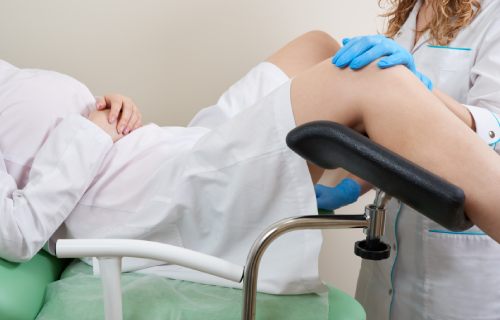
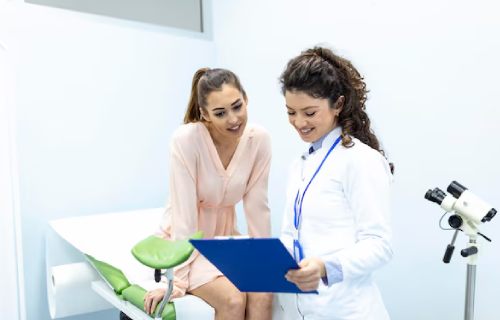
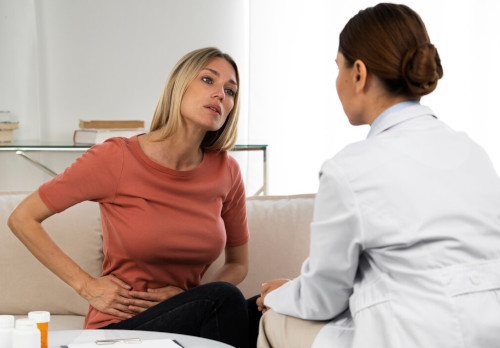

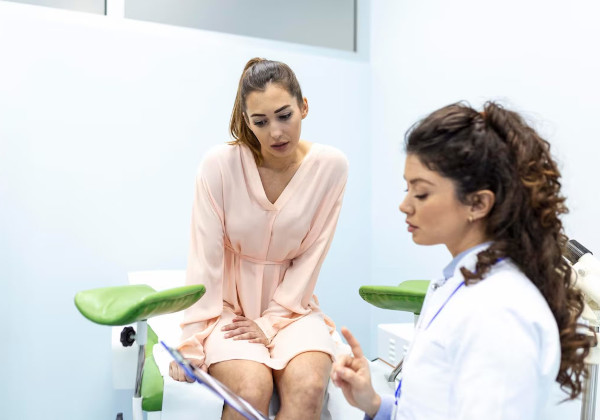

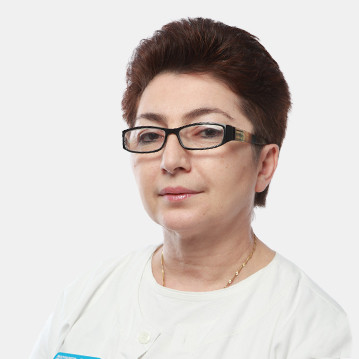
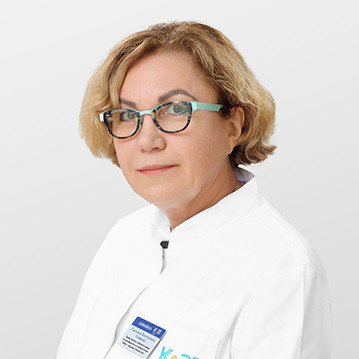



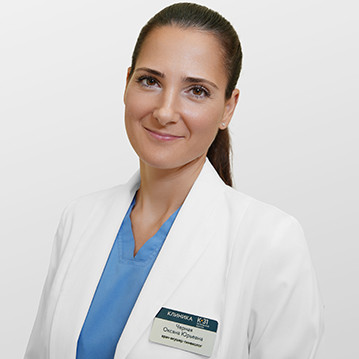



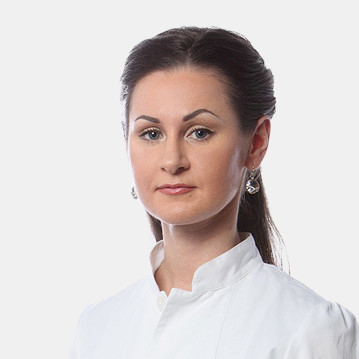


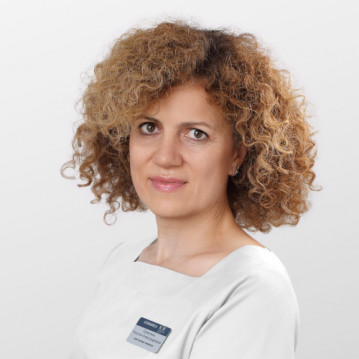


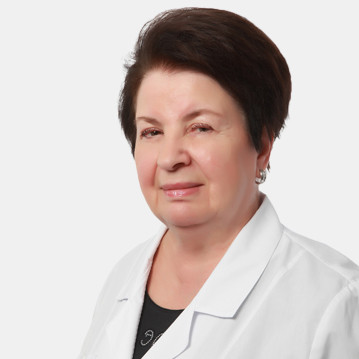
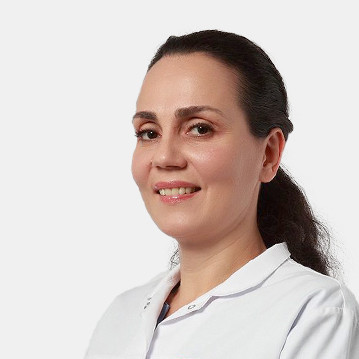


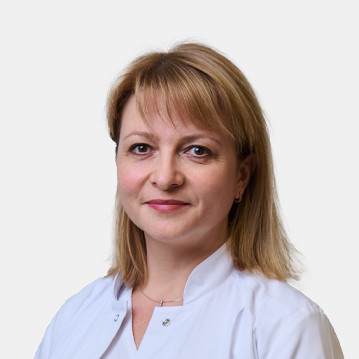

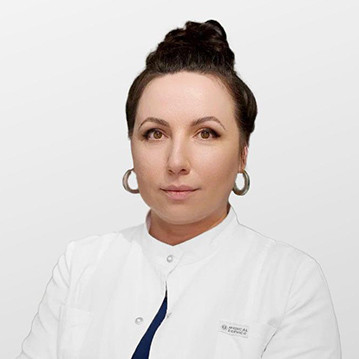




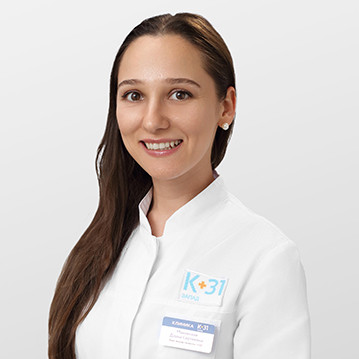

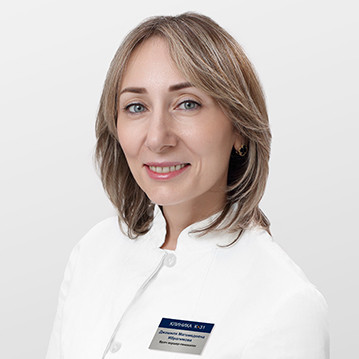

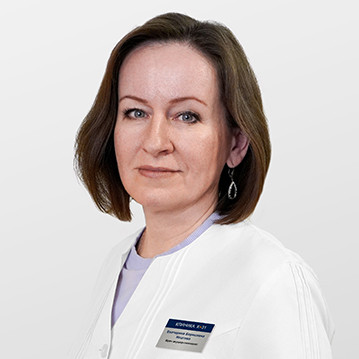






What is thrush?
Inflammation caused by fungi of the genus Candida is called thrush. These yeast-like organisms are present in the body and usually do not cause problems. However, decreased immunity, hormonal changes or microflora disturbances can provoke their active reproduction, which leads to unpleasant symptoms.